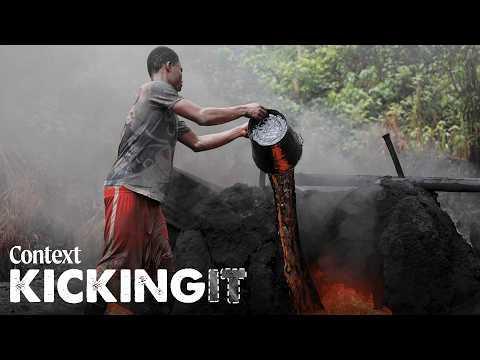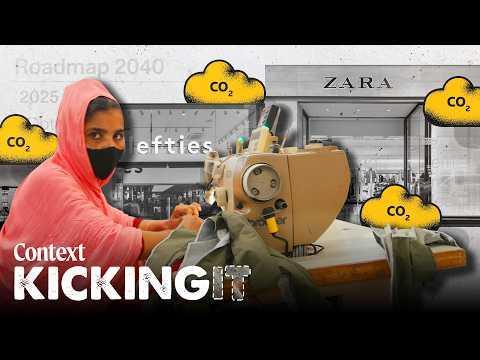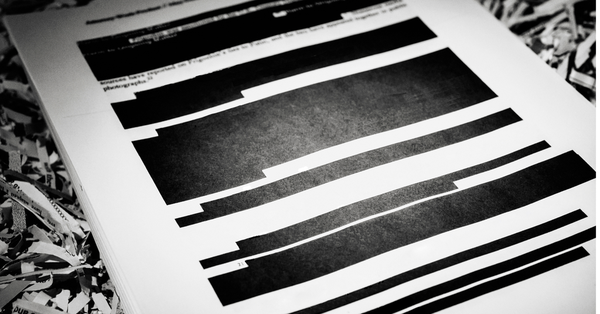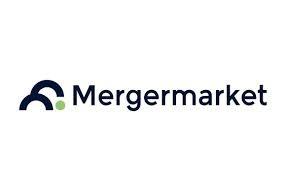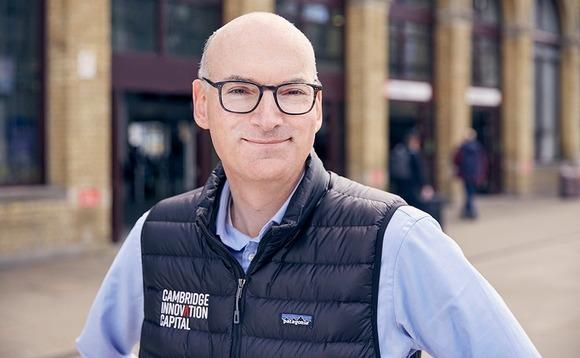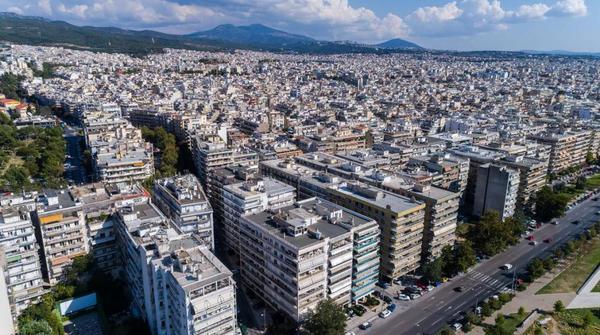Context
•
11th December 2024
Fast fashion giant Inditex wants to be sustainable. But is it?
In recent years, fast fashion brands like Zara have promised to produce and sell clothes in a more sustainable way for both the planet and the people who make their clothes.
But our reporting found that those promises are at risk, due to some of Zara's — and its parent company Inditex's — business tactics.
We spent months digging through supply chain data and conducting interviews with garment workers, factory owners, and former employees, and we found that Inditex has dramatically increased its use of dirtier, more expensive airplanes in the last few years to ship clothes from manufacturing countries such as Bangladesh, India, and Turkey to warehouses in Europe and stores around the world.
Not only is air shipping’s carbon footprint around 35 times higher than shipping by sea, its use as a last resort in order to make sure clothes arrive on time adds to the pressure that garment workers face: producing clothes as quickly as possible, at times working overtime shifts with delayed payments and under harassment. In the case of one particular Inditex brand called Lefties, costly air shipping exasperates what is already a low-margins business.
From Bangladesh to Spain, we uncover how companies like Inditex built a supply chain network optimised for speed at the potential expense of the environment and workers.
0:00 Intro
1:39 Inditex’s production cycle
2:35 A garment worker’s evening
3:42 Wage and labor violations
5:08 Bangladesh’s rise as a garment giant
6:11 Inditex’s air-shipping footprint
10:28 The pressure on garment workers
12:56 Lefties: Inditex’s hidden brand
13:40 A former employee’s testimony
16:27 Better fashion for people and planet?
--
Subscribe: https://www.bit.ly/3L0j2Ro
Watch more videos: https://www.bit.ly/3FPmblU
Visit our site: https://www.context.news/
—
We make short documentaries, explainers and original series for people who care about the world’s biggest challenges. Context is anchored around three of the most significant and interdependent issues of our time: climate change, the impact of technology on society and inclusive economies. We contextualize how critical issues and events affect ordinary people, society and the environment.
Context is a media platform brought to you by the Thomson Reuters Foundation, the corporate foundation of Thomson Reuters, the global news and information services company. Through journalism, media development, free legal assistance, and convening initiatives, we combine our unique services to drive systemic change.

